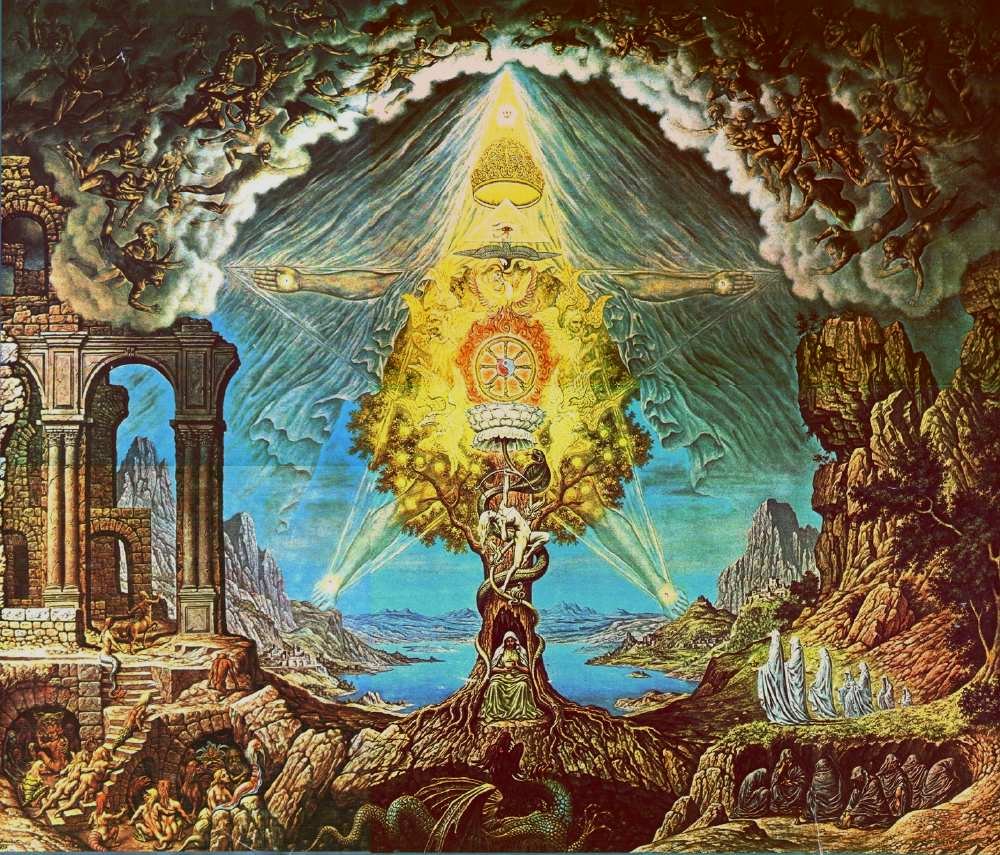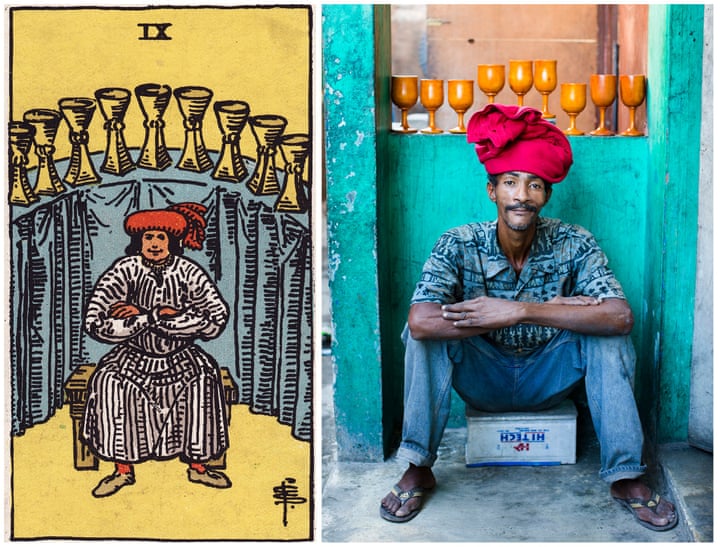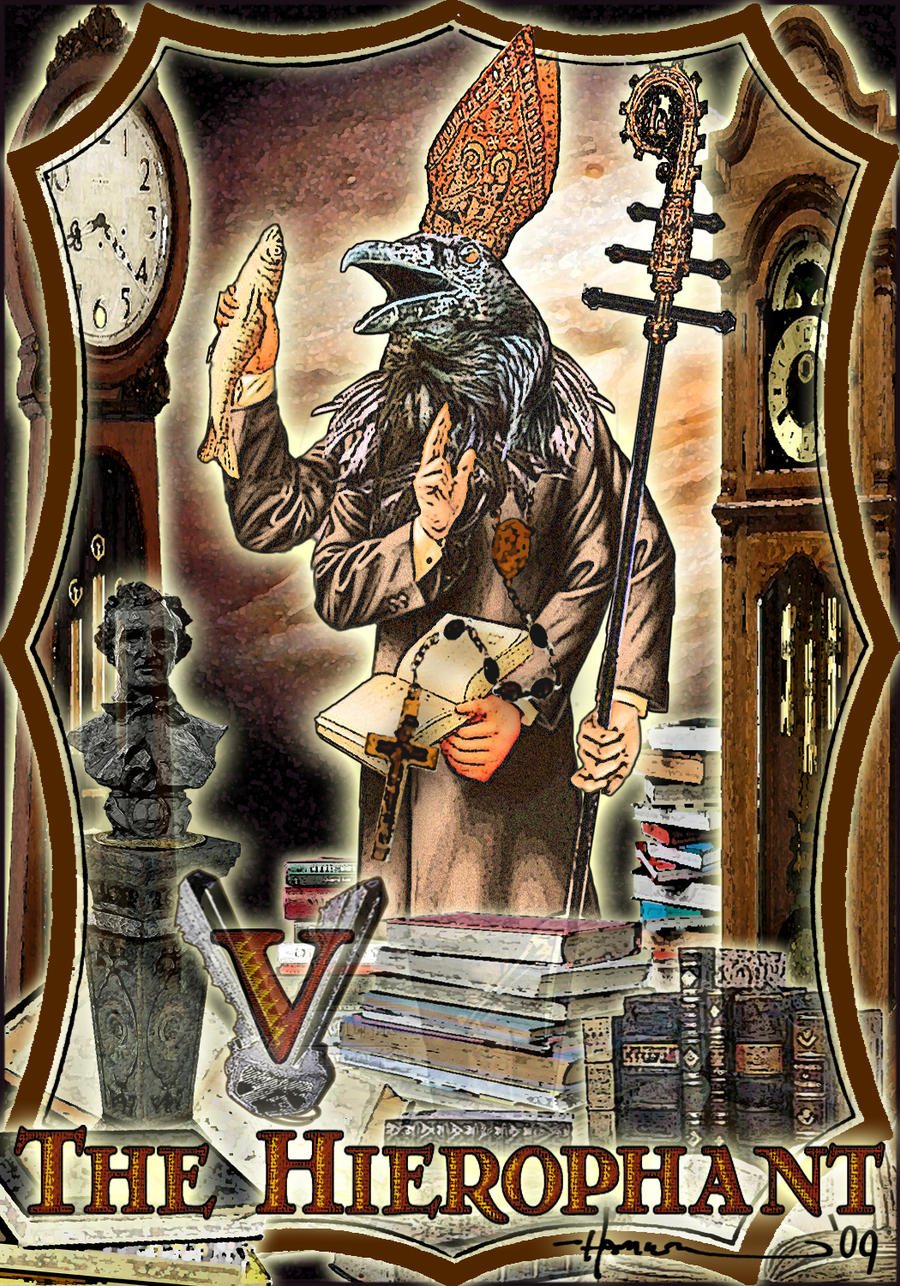Today, in flagrant disregard of my writing agenda, I started toiling away in the ubiquitously included "GM Chapter" of the rulebook. I know enough about my own writing processes to let my fingers type whatever they want to type. If they have something to say about GMing, so be it.
I found the clear articulation of a GM's Agenda and Principles in the *World games to be more than just good game design--they seemed like a Good Idea. When I ran Dungeon World, I wrote down the game's principles on index cards and put them in front of me. Whenever I was looking down to check my notes or roll some dice, they were there to remind me about what sort of game I was playing and what my players could expect from me. It became such a habit, I've started writing down GM principles for just about every game I've ran since.
Since justifying a game's existence (a heartbreaker in a sea of heartbreakers) is the author's central job, I thought it was probably important to write about the GM's principles, the game's themes, and my design goals. As such, I've included my list of GM principles for His Majesty the Worm.
GM Principles
There are two
dozen different styles of role-playing games and no two tables play those
styles exactly the same. This game has been designed to work well with certain
overarching principles of game design and table talk. I’ve found it useful in
my home games to be very upfront about these principles and keep them in my
mind while I run the game—I go so far as to write them down on notecards and
keep them in front of me as reminders. Of course, your table is going to be
different than mine, but His Majesty the
Worm benefits from the
following “best practices.”
Rulings, Not Rules
Ultimately, no rule system completely encapsulates every
possibility of player action—and that’s the fun of RPGs: there are fringe
cases, strange situations, and unconsidered possibilities that inevitably arise
during play. Having a GM be able to arbitrate these situations is one of the
advantages of tabletop games compared to computer games. As such, all the rules
of the game are a resource for the GM to use and adapt from, not a
straight-jacket.
When unexpected questions arise, GMs can adapt the rules to fit
the situation at hand. When that situation comes up frequently, the GM and the
table can collaborate on turning that ruling into a more hard-and-fast rule.
And, when hard-and-fast rules seem to fail the tests of common sense, verisimilitude,
and fun, it’s the GM’s responsibility to make calls that change the rules for
the better.
Sidebar: Arbitrating Rules Questions
OK, but what should be done if
there is a genuine rules dispute during gameplay? One of the GM's duties is to
arbitrate these questions and decide how the rule should be played. If you're
still learning the rules, you might want to look them up every time until the
flow of narrative and mechanics feels natural. If you have the rules down
pretty well, but encounter a speedbump, we offer this suggestion: arbitrate in
favor of the players, and look up the rule later. Don't slow down a fun combat
with page turning. Just make a temporary rule that is beneficial for the
players, and ask your best rules lawyer at the table to look it up after the
combat is over.
Let Smart Plans Work
HMtW is not a game of
balanced encounters. GMs don’t have to make experience point banks and dole out
appropriate levels of monsters or treasure. The player heroes should find
themselves alone in alone in a large, daunting, dangerous, and fantastic world.
There’s no expectation that the players are ever in a “level appropriate”
place.
The game—and the character sheet—are actually pretty simple.
There are few numbers, and not a lot of special powers or abilities. Players
should feel empowered to experiment and take risks, with all the rewards and
consequences that that entails. There are no “spot checks,” only players
describing where and how they’re searching. There are no “disarm trap” skills,
only players describing how they move the knife across the tripwire or tap
their ten-foot pole ahead of them.
As the GM, you can give difficult situations to the players with no idea how to solve them yourself. The
players will surprise you with their ingenuity and problem-solving skills. When
they come up with something surprising and cool, let it work.
Engage the Senses
The principles of “Rulings Not Rules” and “Let Smart Plans Work” only
work when the players have a good sense of what is going on. Since the players
are not actually in the shared hallucination, they need the GM to tell them as
much information as possible about the environment their heroes are acting
within. GMs should paint pictures with their descriptions, actually sketch out
rooms when mental pictures are difficult to conjure, and be vivid about all
five senses. GMs should not leave out any salient details about things that
players can see, hear, feel, or smell.
Speak Generously
“Engaging the Senses” flows from
the idea that the GM is acting in good faith to the players. GMs should not
fall into the trap of thinking that doling out half-secrets and hints are
interesting. Information sharing games are only fun when information is
actually shared. Maybe the information comes with a price (“You’re not sure if
the dragon is truly sleeping or only faking it. You’ll have to move closer to
get a better look at him…”), but when it comes time to pay the piper, GMs
should give the players as much information as he can. “Gotcha” moments are not
fun.
This is particularly true when
players Bid Lore. If you accept a lore bid, you have a social obligation to
speak generously to the player and give as much information as is appropriate.
Meaningful Exploration
Decisions in an RPG should be
interesting, not arbitrary. It is essential that, during the Crawl, the GM
provides meaningful choices so that exploration is fun and engaging. Nobody
cares about taking the left path or taking the right path. The players don't
have enough information to make an informed or interesting choice. A coin flip
could determine the "best" way to go. However, you could put graffiti
on the walls of the right path that says in Orcish "Undead ahead! Do not
enter! Turn back! All is lost!" For the left path, you could hear the
distinctively peacock-esque cry of the cockatrice. Now the players have an
information to make a decision with: would they rather face a basilisk or the
undead? What are they most prepared for? Could they lure the undead towards the
basilisk?
When travelling,
gloss over details or choices that aren't interesting. Don't describe every
hallway or room. Players spend a turn winding through tunnels or rooms towards
their ultimate destination, and the GM can describe their journey in a sentence
or two. Only zoom in on the action when the players have meaningful choices to
make.
















